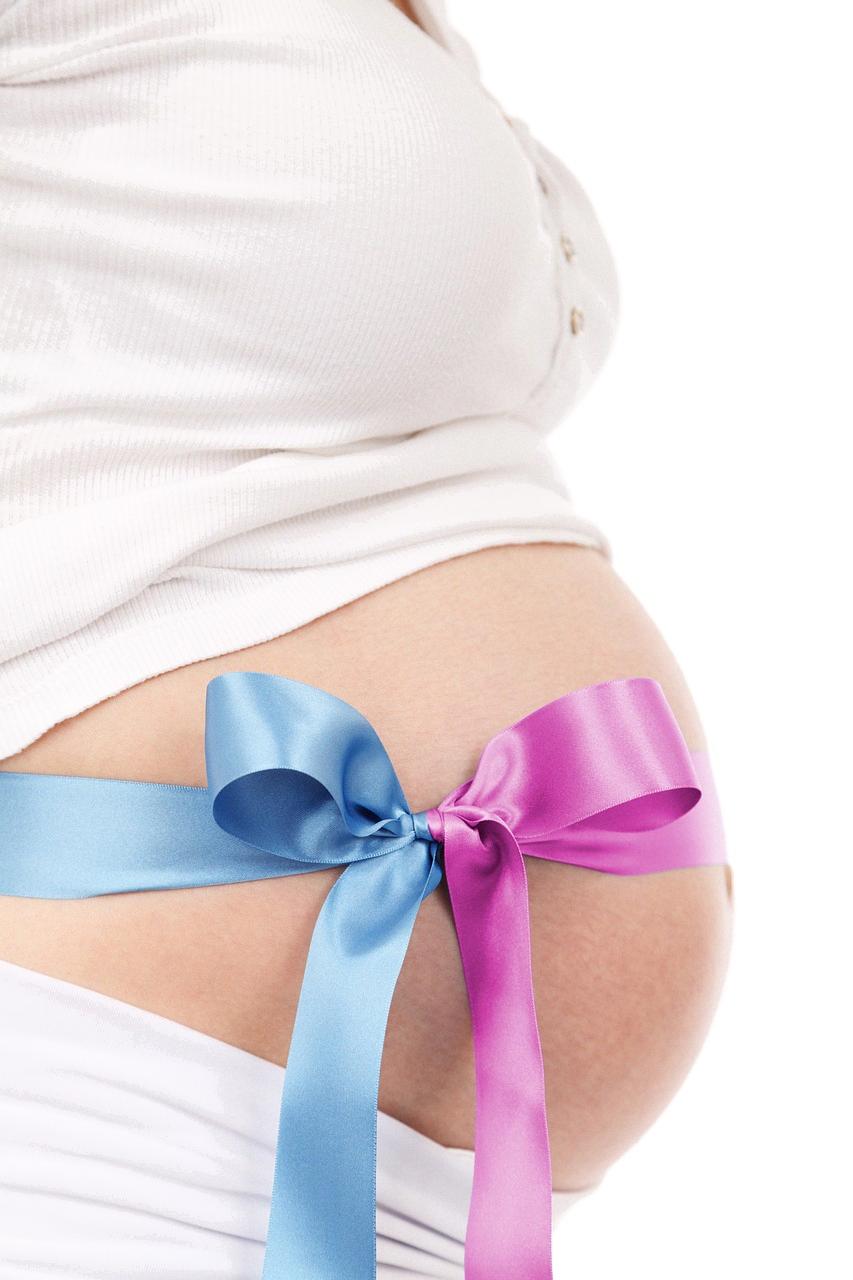When it comes to the health benefits of cherries, they are not only delicious but also offer a plethora of advantages that go beyond just satisfying your taste buds. One intriguing question that often arises is whether cherries are good for the uterus. Let’s delve deeper into this topic to understand the potential impact of cherries on uterine health.
First and foremost, cherries are known for their rich concentration of anthocyanins, which are powerful antioxidants that play a vital role in combating inflammation and oxidative stress in the body. These compounds can help in reducing swelling and promoting overall wellness, which can indirectly benefit the uterus as well.
Moreover, the anti-inflammatory properties of cherries can aid in alleviating discomfort and pain that may be associated with various uterine conditions. By incorporating cherries into your diet, you may experience relief from symptoms such as cramps or bloating, contributing to enhanced uterine health.
Additionally, cherries are a great source of vitamins and minerals that are essential for reproductive health. The presence of nutrients like vitamin C, potassium, and manganese in cherries can support the overall functioning of the reproductive system, potentially benefiting the uterus as a vital component of this intricate process.
Furthermore, the neuroprotective effects of cherries cannot be overlooked when assessing their impact on uterine health. The anthocyanins present in cherries have been shown to protect neural cells and enhance brain health, which can be advantageous for both the mother and the developing fetus during pregnancy.
Considering the importance of maintaining hormonal balance for optimal uterine health, cherries can be a valuable addition to your diet. These fruits contain phytochemicals that may help regulate hormone levels and support the overall hormonal equilibrium in the body, which is crucial for the proper functioning of the uterus.
Incorporating cherries into your regular meals can also contribute to maintaining a healthy weight, which is essential for reducing the risk of uterine-related issues such as polycystic ovary syndrome (PCOS) or endometriosis. The fiber content in cherries can aid in digestion and promote satiety, preventing overeating and supporting weight management.
Furthermore, the potential impact of cherries on fertility should not be underestimated. By providing essential nutrients and antioxidants, cherries can enhance reproductive health and boost fertility levels, which in turn can have a positive effect on the uterus and overall reproductive system.
It is worth noting that while cherries offer numerous health benefits, individual responses may vary. It is advisable to consult with a healthcare provider or nutritionist before making significant changes to your diet, especially if you have specific uterine concerns or medical conditions that may require personalized dietary recommendations.
In conclusion, cherries can be considered beneficial for uterine health due to their anti-inflammatory, antioxidant, and nutrient-rich properties. By including cherries in your diet, you can potentially support uterine function, alleviate discomfort, promote hormonal balance, and enhance overall reproductive health. Enjoying cherries as part of a balanced and varied diet can be a simple yet effective way to nurture your uterus and prioritize your well-being.

